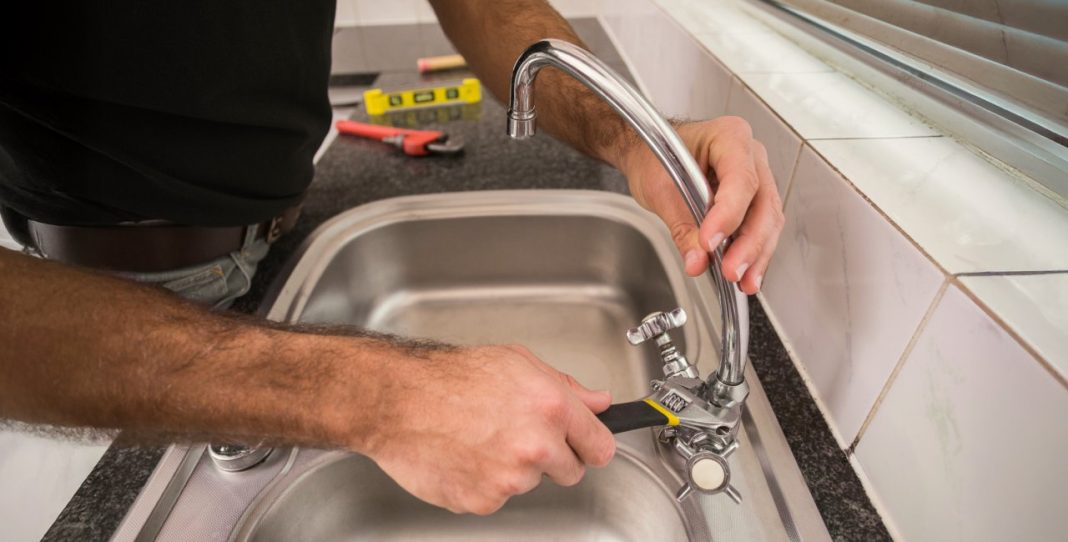In a significant development for tenants across Czechia, rental prices are projected to increase in 2026, largely due to escalating repair and maintenance costs. This trend signals more financial pressure on those renting homes and apartments, particularly in urban areas like Prague.
Drivers of Increasing Repair Costs

The primary catalyst behind the anticipated rent hikes lies in the rising costs associated with property repairs and maintenance. Over recent years, the price of materials such as steel, timber, and concrete has surged, driven by global supply chain disruptions and increased demand. This phenomenon, coupled with a shortage of skilled labor in the construction sector, translates into higher expenses for landlords maintaining their properties.
Furthermore, regulatory changes aimed at improving building standards and energy efficiency are adding additional layers of complexity and cost. As landlords strive to comply with new regulations, such as those pertaining to insulation and sustainable energy usage, these expenses inevitably filter down to tenants.
Impact on Urban Centers

Prague, with its vibrant rental market, is predicted to bear the brunt of these increases. As the capital city continues to grow as a hub for business, culture, and tourism, demand for rental properties remains high. This demand, juxtaposed with the rising costs of repairs, creates a perfect storm for further rent inflation.
For residents and newcomers, the pressure to find affordable housing is intensifying. Many locals are already feeling squeezed, and the prospect of steeper rents may force some to reconsider their living arrangements, potentially causing shifts in population density and neighborhood demographics.
Landlord Perspectives

Landlords find themselves caught between the necessity to uphold property standards and the friction that rent increases can bring. While some are absorbing minor cost increases to retain tenants, sustained spikes in expenses require them to pass costs onto renters.
Conversations within the property management community underscore the challenges faced by landlords who must juggle tenant satisfaction with fiscal sustainability. Many are advocating for fair pricing that reflects the true cost of repairs while exploring alternative solutions to diminish expenses where possible.
Government and Policy Responses

In response to these market dynamics, government officials are examining potential policy interventions. Discussions about rent control and subsidies for low-income tenants are gaining traction as policymakers aim to mitigate the impact on vulnerable populations.
Efforts to support the construction sector, expand the workforce, and stabilize material costs are also underway. By addressing these foundational issues, stakeholders hope to soften the blow of anticipated rent increases and ensure housing remains accessible.
The projection of rising rent costs in 2026 due to increased repair expenses highlights a complex interplay of market forces and regulatory pressures. For tenants and landlords in Czechia, adapting to these changes will require strategic approaches and, potentially, collaborative solutions.





